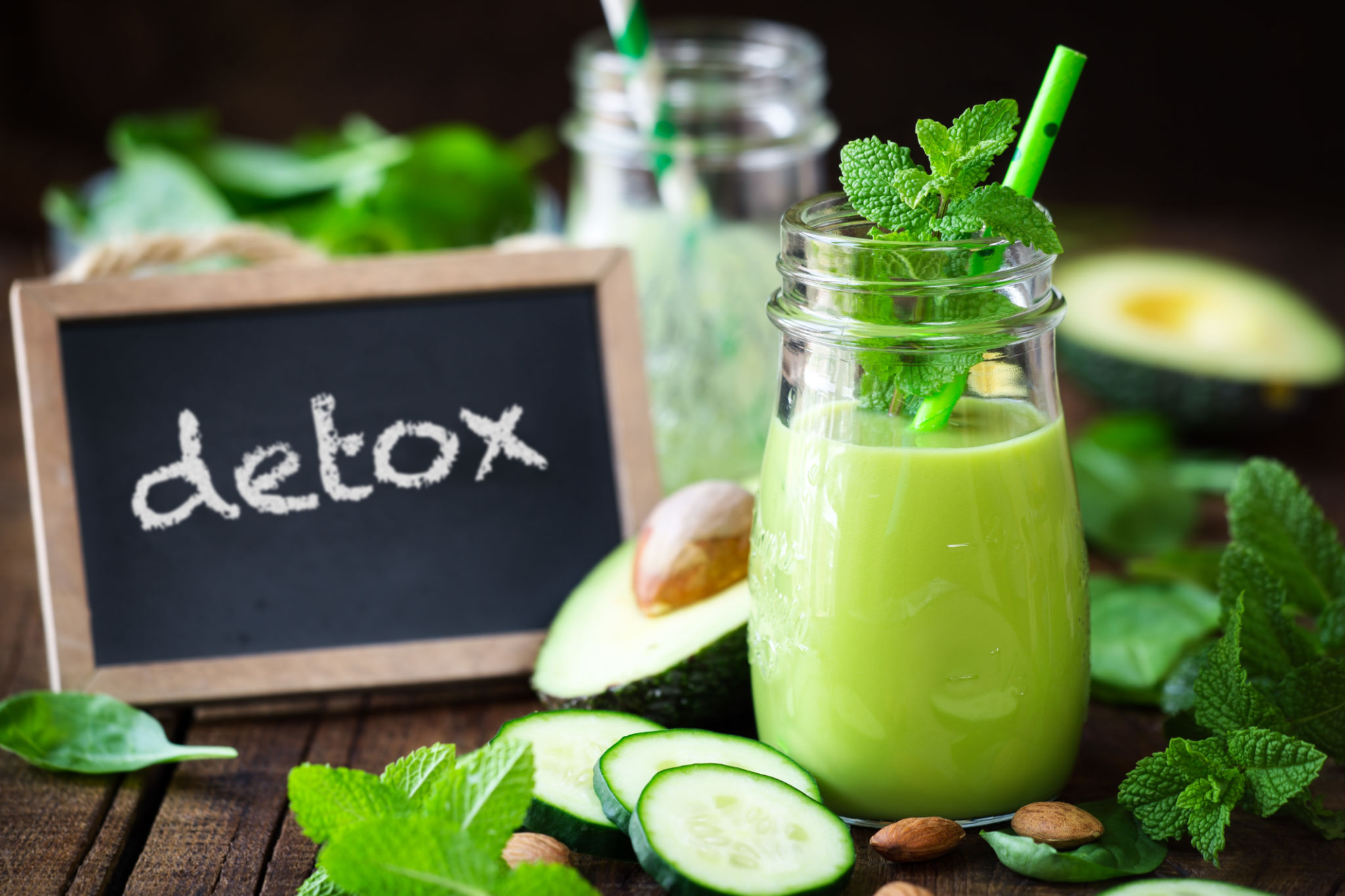10 Common Health Care Myths Debunked by Experts
Introduction
In the age of information, it can be challenging to separate fact from fiction, especially when it comes to health care. Misconceptions can lead to unnecessary worry or, worse, inappropriate treatment. To help clear the air, we’ve gathered insights from experts to debunk some of the most common health care myths.
#1: Myth - You Should Drink Eight Glasses of Water a Day
This longstanding recommendation is not entirely accurate for everyone. Hydration needs vary based on factors like age, activity level, and climate. Experts suggest listening to your body and drinking water when you're thirsty rather than adhering strictly to a set number.

#2: Myth - Cracking Your Knuckles Causes Arthritis
While the sound of cracking knuckles might be unsettling to some, research shows it does not cause arthritis. According to experts, the popping sound is due to gas bubbles bursting in the joint fluid, which is harmless.
Understanding Joint Health
Maintaining joint health involves regular exercise, a balanced diet rich in omega-3 fatty acids, and staying hydrated. These practices are more effective in preventing arthritis than avoiding knuckle cracking.
#3: Myth - You Can Catch a Cold from Being Cold
The belief that cold weather causes colds is widespread but inaccurate. Colds are caused by viruses, primarily rhinoviruses. Being in cold weather might lead to behaviors that increase exposure to these viruses, but the temperature itself isn't the cause.

#4: Myth - Vaccines Cause Autism
This myth has been debunked repeatedly by scientific research. Comprehensive studies have found no link between vaccines and autism. Vaccination remains a crucial component of public health, protecting individuals from infectious diseases.
The Importance of Vaccination
Vaccines work by preparing the immune system to fight future infections. They are rigorously tested for safety and effectiveness before being approved for public use.
#5: Myth - All Fats Are Bad for You
Not all fats are created equal. While trans fats and excessive saturated fats can be harmful, unsaturated fats found in foods like avocados, nuts, and fish are beneficial. They support heart health and provide essential fatty acids.

#6: Myth - Eating Late at Night Causes Weight Gain
Weight gain is more about what you eat and your overall calorie balance rather than when you eat. Eating late at night doesn’t inherently lead to weight gain unless it contributes to exceeding daily caloric needs.
Nutritional Timing
Focus on balanced meals throughout the day and be mindful of portion sizes to maintain a healthy weight. If nighttime snacking is a habit, choose lighter options like fruits or yogurt.
#7: Myth - Detox Diets Cleanse Your Body
The body has its own natural detox systems—primarily the liver and kidneys—that efficiently remove toxins. Detox diets often lack scientific support and can sometimes lead to nutrient deficiencies.

#8: Myth - You Should Avoid Gluten for Weight Loss
Unless you have celiac disease or gluten sensitivity, there's no need to avoid gluten for weight loss. Whole grains containing gluten can be part of a healthy diet and provide beneficial nutrients like fiber and B vitamins.
Understanding Gluten Sensitivity
If you suspect a gluten-related issue, consult with a healthcare professional for appropriate testing and guidance. Otherwise, focus on a balanced diet that suits your lifestyle and nutritional needs.
Conclusion
By understanding these common health care myths, you can make more informed decisions about your health. Always consult with healthcare professionals for advice tailored to your individual needs and circumstances. Stay informed and prioritize evidence-based practices for better health outcomes.
